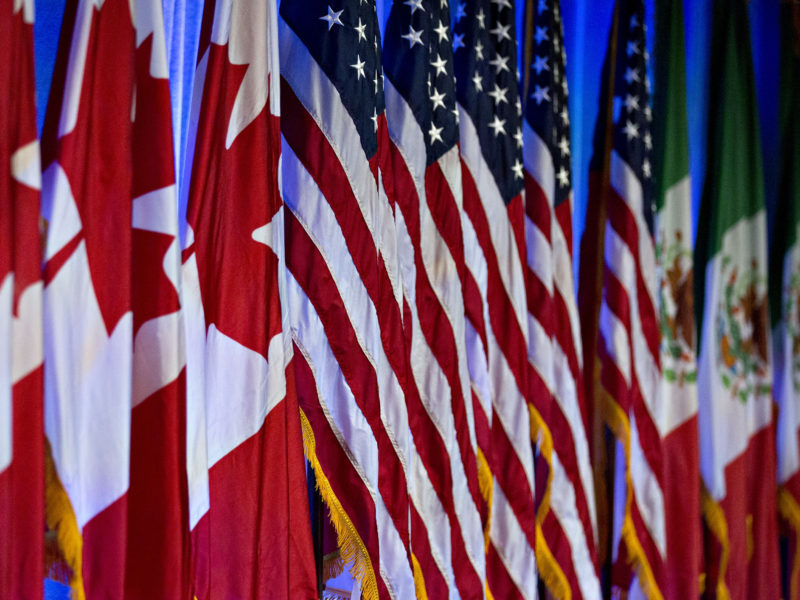Why We Need The USMCA
It has been a bumpy year for trade policy. In addition to a number of new tariffs and counter-tariffs, the North American Free Trade Agreement (NAFTA) is being renegotiated. The resulting United States-Mexico-Canada Agreement (USMCA) has made it through its first set of challenges, but whether it will survive the year to come is anything but certain.
In “Why We Need the USMCA (the agreement formerly known as NAFTA),” Dr. Raymond Robertson, Professor and holder of the Helen and Roy Ryu Chair in Economics and Government at the Bush School of Government & Public Service at Texas A&M University, argues that free trade between the United States and Mexico benefits both countries.
Robertson describes how his research shows that the economic relationship between US and Mexican workers has fundamentally changed in the years since NAFTA. He says that prior to NAFTA, Mexican workers competed with U.S. workers for jobs in manufacturing, but now Mexican workers are best described as complements to U.S. workers, and North America is more accurately described as a single production unit where jobs grow (or shrink) on both sides of the border simultaneously.
In the latest issue of The Takeaway, Robertson argues that ending NAFTA, or not approving the United States-Mexico-Canada Agreement, is unlikely to reverse North American economic integration but would raise costs for those sharing production across borders, making it harder to export our products to the rest of the world.
The Takeaway is a publication of the Mosbacher Institute for Trade, Economics, and Public Policy.
Dr. Raymond Robertson, robertson@tamu.edu.




